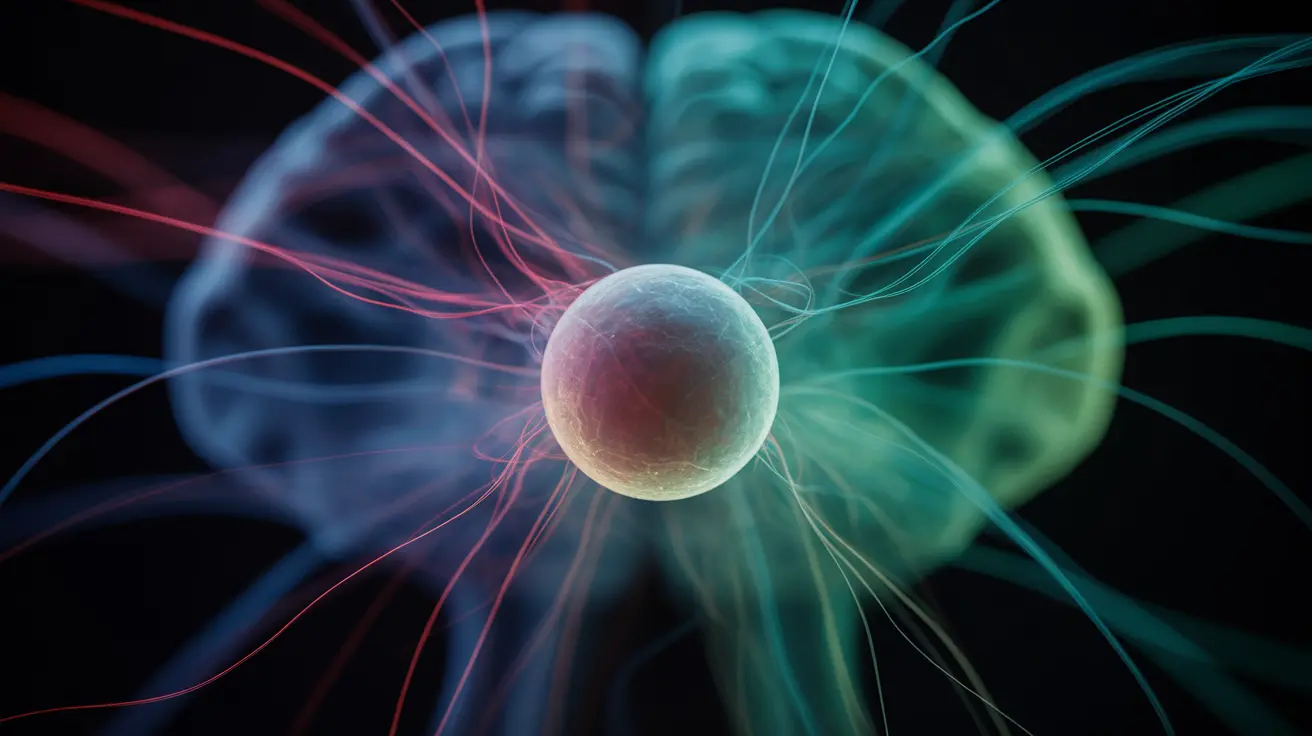Alcohol addiction is a complex medical condition that affects millions of people worldwide. While many individuals can consume alcohol in moderation, others develop a powerful physical and psychological dependence that can be extremely difficult to overcome. Understanding the addictive nature of alcohol and its effects on the brain and body is crucial for recognizing, preventing, and treating alcohol use disorders.
How Alcohol Affects the Brain and Creates Addiction
Alcohol directly impacts the brain's reward system by triggering the release of dopamine, a neurotransmitter associated with pleasure and reward. With regular consumption, the brain begins to rely on alcohol to maintain these elevated dopamine levels, leading to physical dependence and addiction.
The development of alcohol addiction involves several key mechanisms:
- Altered brain chemistry and reward pathways
- Increased tolerance requiring more alcohol to achieve the same effects
- Changes in stress response systems
- Impaired decision-making abilities
- Disrupted emotional regulation
The Cycle of Alcohol Dependence
As alcohol use continues, the brain adapts to its presence, leading to both physical and psychological dependence. This adaptation creates a cycle where individuals need to drink more to achieve the desired effects, while simultaneously experiencing increasingly severe withdrawal symptoms when they stop drinking.
Signs and Symptoms of Alcohol Addiction
Recognizing the signs of alcohol addiction early can be crucial for successful intervention and treatment. Common indicators include:
- Inability to control or limit alcohol consumption
- Drinking alone or in secret
- Neglecting responsibilities at work or home
- Continuing to drink despite negative consequences
- Experiencing withdrawal symptoms when not drinking
- Needing alcohol to function normally
Risk Factors for Developing Alcohol Addiction
Several factors can increase an individual's vulnerability to alcohol addiction:
Genetic Factors
Research suggests that genetics account for about 50% of the risk for alcohol use disorder. Family history of alcoholism significantly increases the likelihood of developing an addiction.
Environmental Influences
Environmental risk factors include:
- Early exposure to alcohol use
- Trauma or chronic stress
- Social pressure and cultural norms
- Mental health conditions
- Easy access to alcohol
- Lack of social support
Treatment Options and Recovery
Effective treatment for alcohol addiction typically involves a comprehensive approach combining multiple strategies:
Medical Interventions
- Supervised detoxification
- FDA-approved medications
- Treatment of co-occurring conditions
Therapeutic Approaches
- Individual counseling
- Group therapy
- Cognitive Behavioral Therapy (CBT)
- Family therapy
- Support groups like AA
Managing Alcohol Withdrawal
Alcohol withdrawal can be dangerous and potentially life-threatening. Professional medical supervision is often necessary during the detoxification process. Symptoms typically begin within 6-24 hours after the last drink and may include:
- Anxiety and tremors
- Nausea and vomiting
- Increased heart rate
- Sweating
- Seizures in severe cases
Frequently Asked Questions
Is alcohol truly addictive, and how does it affect the brain and body to cause addiction?
Yes, alcohol is highly addictive. It affects the brain's reward system by increasing dopamine levels and altering brain chemistry. With continued use, the brain becomes dependent on alcohol to maintain normal function, leading to both physical and psychological addiction.
What are the common signs and symptoms that indicate someone may have an alcohol use disorder?
Key signs include inability to control drinking, drinking alone, neglecting responsibilities, experiencing withdrawal symptoms, needing more alcohol to achieve the same effects, and continuing to drink despite negative consequences to health, relationships, or work.
What risk factors increase the likelihood of developing alcohol addiction?
Major risk factors include genetic predisposition, family history of alcoholism, early exposure to alcohol, trauma or chronic stress, mental health conditions, and environmental factors such as social pressure and easy access to alcohol.
What treatment options are available for alcohol addiction, including medications and therapy?
Treatment options include medical detoxification, FDA-approved medications, individual and group counseling, cognitive behavioral therapy, support groups, and comprehensive rehabilitation programs. The most effective approach often combines multiple treatment methods.
How can withdrawal symptoms from alcohol dependence be safely managed?
Alcohol withdrawal should be managed under medical supervision due to potential dangers. Treatment typically includes monitored detoxification, medications to manage symptoms, proper hydration, and continuous medical support to prevent complications.




